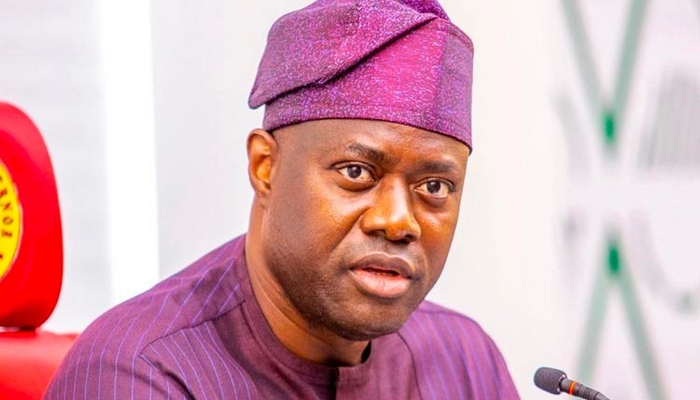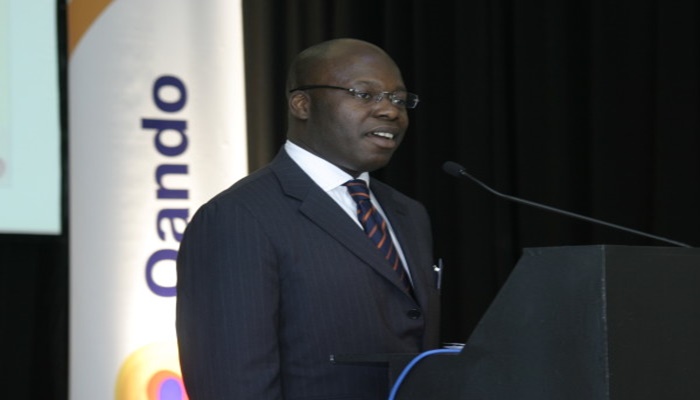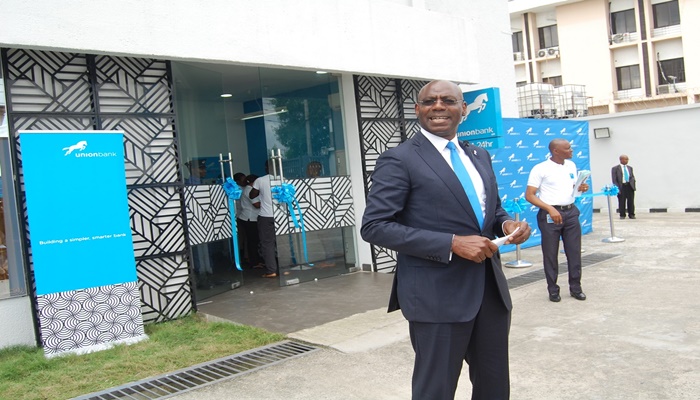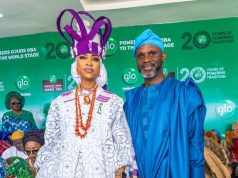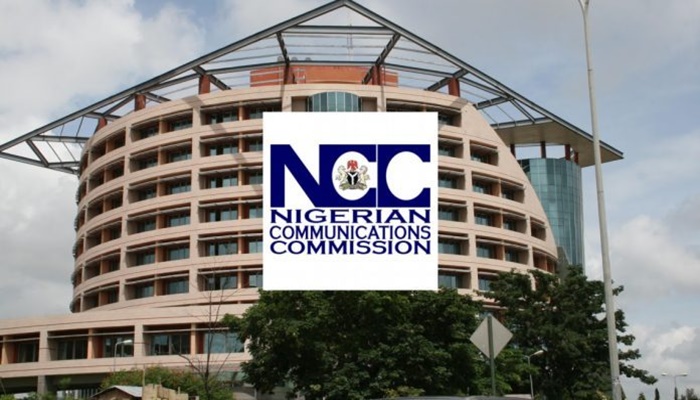Union Bank of Nigeria has reported 5.1 per cent drop in profit for the financial year ended December 31, 2017 to N14.6 billion as against N15.39 billion reported in 2016.
The lender Non-Performing Loan (NPL) hits 19.8 per cent in 2017 from 6.9 per cent in 2016, above the Central Bank of Nigeria (CBN) five per cent threshold.
Union Bank in its result and accounts to the Nigerian Stock Exchange (NSE) on Thursday disclosed that Profit before tax closed 2017 at N15.5 billion from N15.7 billion reported in 2016.
For 2017 financial year, the group gross earnings rose by 26 per cent to N163.8 billion from N129.6 billion reported in 2016 while Net Interest Income gained three per cent to N66.7 billion from N65 billion in 2016.
The group’s total assets thus rose by 16 per cent to N1.46 trillion in 2017 from N1.25 trillion reported in 2016.
Also, the group Customer Deposits gained 22 per cent to N802.4 billion in 2017 from N658.4 billion in 2016 while gross Loans & Advances rose by five per cent to N560.7 billion from N535.8 billion reported in 2016.
Consequently, the group loan to deposit ratio down by 11.6 per cent to 69.9per cent in 2017 from 81.4 per cent reported in 2016.
In a statement, Group Manaing of Union Bank of Nigeria, Mr. Emeka Emuwa said, “Strengthening our capital base through the Rights Issue was key for the Bank in 2017. Notwithstanding the challenges a tightened economy presented, the rights issue was 20per cent oversubscribed.
“This overwhelming success is credited to strong shareholder and investor confidence in Union Bank’s immediate and longer-term plans. With sufficient capital buffers, we are now in pole position to execute our growth agenda from 2018 onwards.
“Operationally, we continued to focus on growing our retail customer base and optimising customer experience with simpler, smarter banking solutions. We launched an upgraded suite of digital channels including UnionMobile, UnionOnline and our unique USSD banking code *826#, driving an increase in active subscribers above 100 per cent on the mobile app and online banking platforms. Union Bank’s alternative banking platform remains the fastest growing in the industry.
“We continue to attract broad segments of new customers, adding 90per cent more new-to-bank customers in 2017 compared to 2016. Notwithstanding a fiercely competitive environment and reduced consumer purchasing power in the system, our new-to-bank customers and deepening share of wallet with existing customers have driven customer deposits up by 22per cent to N802 billion. Consequently, gross earnings are up by 26per cent to N164 billion.
“By the end of the year, our NPL Ratio stood at 19.8per cent. This reflects the residual effects of devaluation and a post-recession economy on our loan book, particularly in the oil and gas sector as well as a recent high court ruling in respect of a large real estate exposure, which we have appealed.
He added that, “While we have sufficient coverage and adequate capital buffers, we are aggressively focused on final resolution of key large exposures, which will have immediate positive impact on the NPL ratio, once resolved. In addition, we have strengthened our debt recovery teams with oversight from senior executives, and initiated necessary legal action against recalcitrant debtors. We are confident that this multi-pronged approach will bring the NPL ratio down steadily over the next few quarters.
“For 2018, our focus is on leveraging our capital and investments in talent and technology to accelerate growth across all business segments and improve enterprise value for all our stakeholders.
The Chief Financial Officer, Oyinkan Adewale, commenting further on the 2017 results said, “We grew our revenues by 26per cent in 2017, and notwithstanding double-digit inflation and the impact of Naira devaluation on foreign currency denominated costs, Group Cost Income Ratio is down to 61.5per cent from 65.3per cent in 2016.
“As a result of our successful rights issue, which was oversubscribed, we ended the year with CAR at 17.8per cent – well above regulatory requirements.
“Our coverage ratio was adequate at 103per cent, while our debt recovery efforts yielded good results with an increase of over 350per cent to N6 billion in the year. We continue to tighten our credit risk management and loan monitoring processes while pursuing an aggressive strategy to continue to grow our low-cost deposit base.”
“We closed the year with the Regulatory Risk Reserve at N71 billion, which exceeds the expected impact of International Financial Reporting Standards (IFRS) 9 adoption in 2018.”






